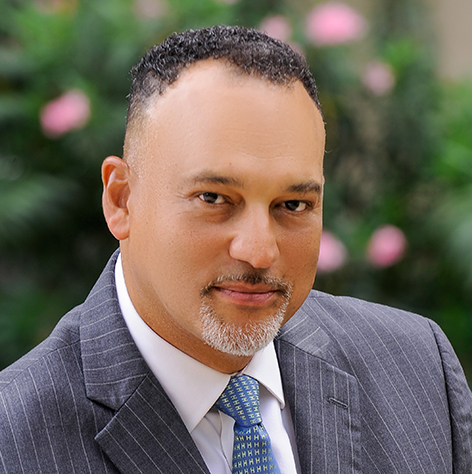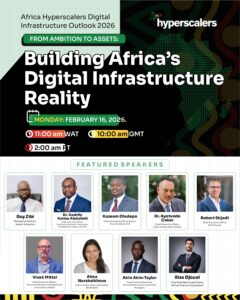Ayotunde Coker, Chairman of Open Access Data Centre, emphasized that bridging Africa’s digital infrastructure gap is essential for boosting prosperity on the continent. Speaking at the inaugural Hyperscalers Convergence Africa event in Lagos, Coker highlighted the disparity between Africa’s population and its global economic contribution. Africa, which comprises about 17 percent of the world’s population, only contributes roughly 4 percent to global GDP—a gap he attributes to the continent’s underdeveloped digital infrastructure.

Coker cited Nigeria’s 90,000-kilometer fiber infrastructure gap as a significant barrier to reliable internet access, which in turn hinders economic potential. “Meaningful broadband connectivity, which is measured by speed, latency, and cost, is necessary for economic development,” he said. He called on governments and businesses to focus on expanding fiber networks and enhancing broadband services, stressing the importance of supportive regulations. “There needs to be collaboration between governments, regulatory bodies, and the private sector to create an environment that fosters investment in digital infrastructure,” Coker urged.
Despite progress in Nigeria and other parts of Africa, Coker warned that limited advancements would persist unless fundamental infrastructure gaps are addressed. “Africa must light up its dark digital spine,” he stated, advocating for revolutionary efforts to drive corporate adoption of digital infrastructure and broadband connectivity. “Without these steps, Africa’s economic growth would continue to be stifled by its underdeveloped digital landscape,” he added.
Echoing Coker’s sentiments, Deremi Atanda, CEO of Remita Payments, discussed the transformative potential of connectivity on Africa’s innovation and economy. During a panel session titled ‘Innovating Towards Africa’s Digital Future,’ Atanda remarked, “The prosperity of Africa is dependent on the quality of our digital infrastructure. Connectivity has the power to redefine Africa’s innovation.” He stressed that improved digital infrastructure would enable Africans to better address their challenges and enhance their quality of life.
Frank Eleanya, Senior Writer for Infrastructure, Business, and Big Tech at TechCabal, highlighted a gap in leadership as a key obstacle to achieving digital infrastructure goals. “What’s needed is the leadership to make it all happen. We have the capacity, but leadership must wake up and translate all these plans into reality,” Eleanya noted.
Wabo Majavu, Executive of Strategy and Business Operations at Africa Data Centre, emphasized the need to involve communities in Africa’s innovation journey. “When you look at the opportunities, there’s a need to talk about access,” Majavu said, underscoring the importance of monitoring and measuring impact in digital infrastructure projects.
Overall, the consensus at the Hyperscalers Convergence Africa event was clear: bridging Africa’s digital infrastructure gap is crucial for unlocking the continent’s economic potential and fostering innovation.




